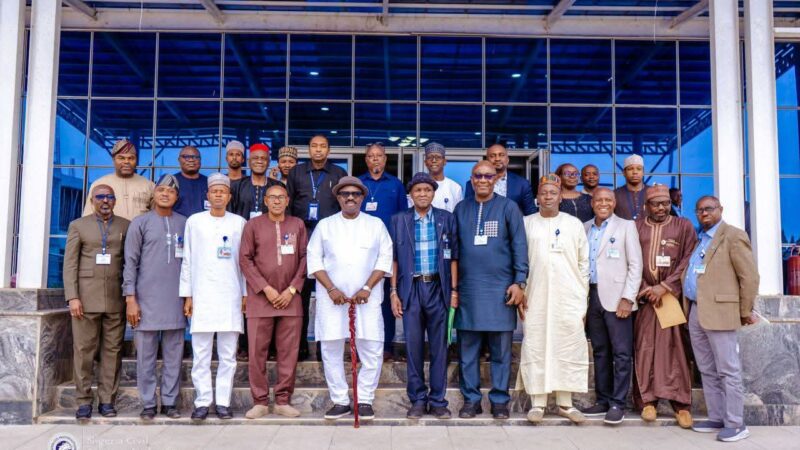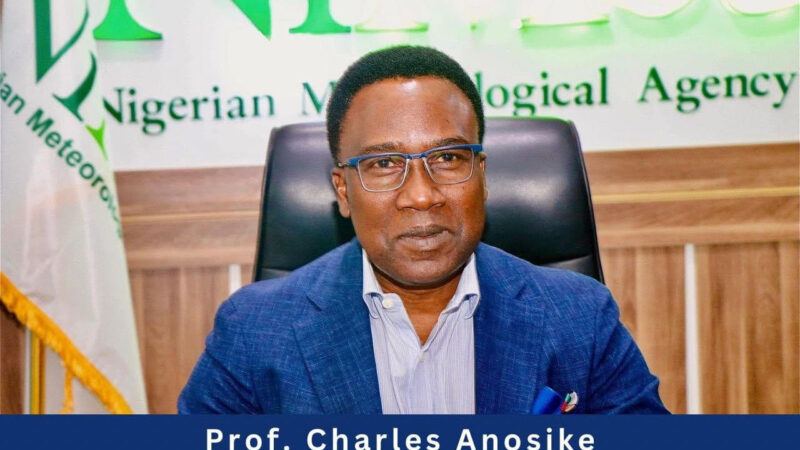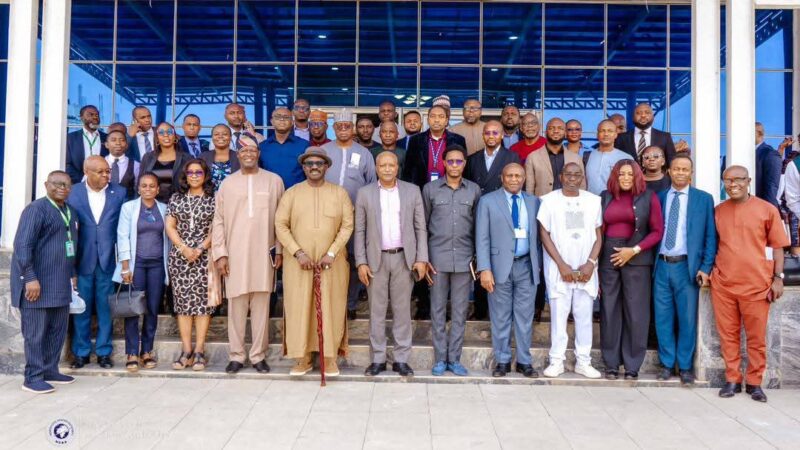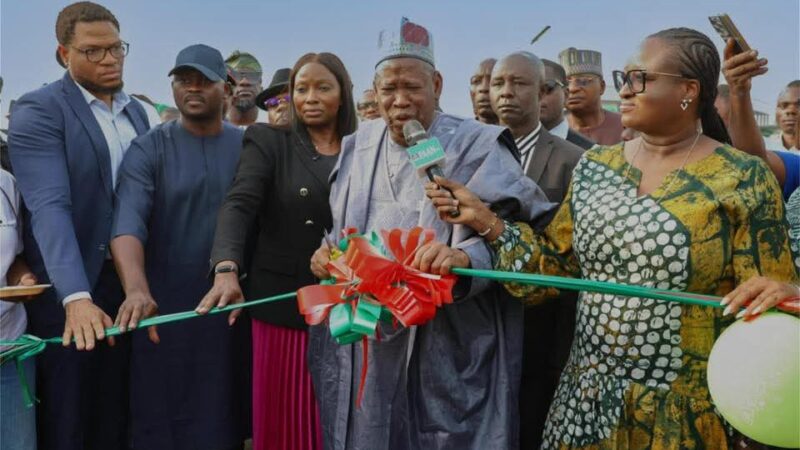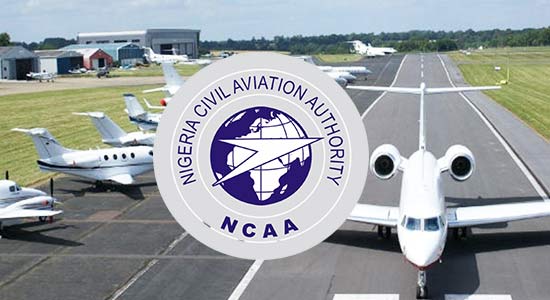Setting up MRO facilities in Nigeria will tame capital flight, reduce forex challenges, says DG NCAA
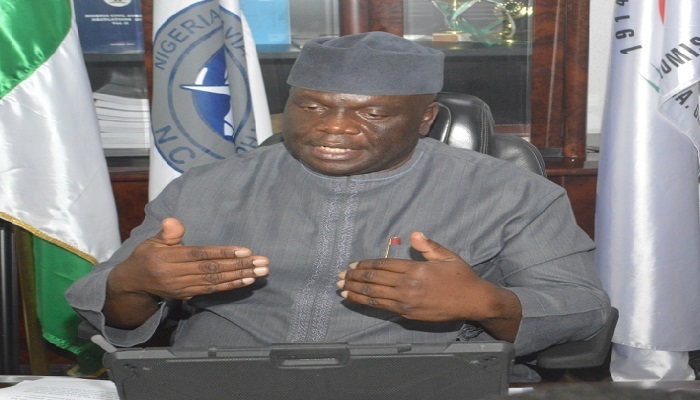

The Director-General of the Nigerian Civil Aviation Authority, Capt. Musa Nuhu has called on airline operators to work towards setting up Maintenance Repair and Overhaul facilities in the country with a view to tame capital flight and reduce high demand for foreign exchange.
Nigeria’s airline business climate has been unfriendly since the beginning of the pandemic due to the high cost of flight tickets both on local and international routes.
TW gathered that a single ticket (one-way ticket) from Abuja to Lagos was sold at N120,000 (One hundred and twenty thousand naira) recently, an increase of over 70 per cent on the former price of N40,000 to N50,000 before the pandemic.
Airline operators in the country have attributed the situation to the imbalances in demand and supply of fuel, caused by high rates of foreign exchange and high cost of maintenance overseas.
Reacting to the situation during a media chat with aviation correspondents in Lagos recently, Captain Nuhu disclosed that the nation’s Ministry for Aviation has been working hand-in-hand with the Central Bank of Nigeria to address forex challenges in the interest of the airlines and the travelling public.
He, however, said that while the government tries to cushion the effects of forex challenges on the airlines, it still has the onus to prioritise its decisions around fiscal policies that are favourable to local content and other sectors of the economy.
“To be honest, I can make a strong case to consider these people, but we can help ourselves by supporting the MROs… That will significantly reduce the amount of forex airlines would need. If we can do those things in Nigeria, not only that we will reduce the outflow of forex, it will also create employment for us. It is a double win for the country,” said Nuhu.
He added that the high cost of flight tickets has to do with “the economics of demand and supply. Don’t forget that because of forex difficulties, airlines are not operating their fleet at full capacity. That also has an impact. If one of the airlines is out of the system, you try to fill that gap. That will put extra demands on the other routes.”
The NCAA boss also encouraged airline operators in the country to simplify their business models by replacing bigger aircraft with smaller ones in order to break even in their operations.
“I see people going for Embraer, CRJ, ATR. So, there is a paradigm shift. People are beginning to realise you can’t use Boeing 737 aircraft for short flights. I can see Air Peace had got an E-195, he is gotten two and he said in the long term, he is going to replace all its B737. United Nigeria is using Embraer 145. Green Africa is using ATR 42, 72.
“There is one that has started processing its documents. He wants to use Embraer 145. Chanchangi wants to come back and they want to use ATR. They are planning to come back.
“The demand is there. The thinking is changing because this B737 business is not working for us. It is going to take a while. The economics is forcing the change. It is a positive change in the industry,” Nuhu said.


